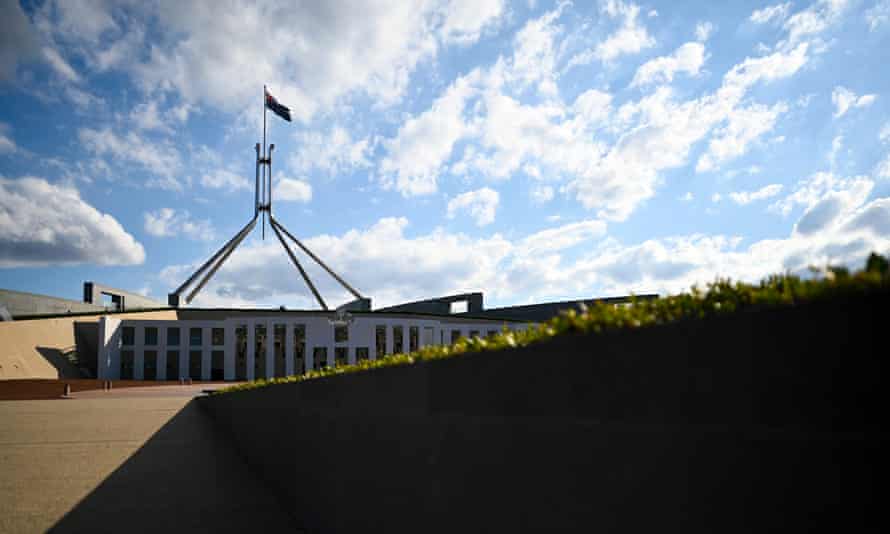Extract from The Guardian

Last modified on Tue 16 Feb 2021 07.33 AEDT
During a compelling television interview, the former Liberal staffer Brittany Higgins put her finger on what she thought was the problem with working in politics.
Higgins has accused an unnamed former colleague – a more senior adviser in the ministerial office she was working in at the time – of raping her in March 2019 after a night of drinking.
The Liberal staffer, then in her early 20s and in a junior position, says she was sexually assaulted in parliament house, on a couch in the office of the then defence industry minister Linda Reynolds.
Higgins raised the alleged incident almost immediately after she had processed what she says occured: an alleged violation in her workplace, which happened to be the people’s house in Canberra.
The young woman found the words.
“You just don’t. The idea of sort of speaking out on these sorts of issues, especially around [an election] campaign, is just like letting the team down,” she told Network Ten on Monday night. “You are not a team player.”
Labor’s deputy Senate leader, Kristina Keneally, expressed a similar sentiment on Monday after the allegations were first reported by news.com.au.
“When I came to the parliament several years ago, back then as a member of the press gallery, I was taken aback by the culture here, and it made me wonder what it must be like, for younger women and women who are not in positions of power and influence here in this building,” Keneally said.
“What kind of culture is this? You know, I think we still have a long way to go to ensure that women feel safe to bring forward allegations and report assault when it happens to them – and I say that with sorrow.”
Again, variations on a theme. Same kernel of insight, with a slightly different construction. The Greens senator, Sarah Hanson-Young, on Monday said she was “thinking deeply for all the women who work in this building today”.
“Brittany is an incredibly brave individual,” Hanson-Young said. “Speaking out is the hardest thing to do. There is a problem in this place. The culture is toxic and it’s young women who cop the brunt of it.”
The former Liberal staffer Rachelle Miller, who went public about her workplace treatment following her intimate relationship with her boss at the time, the minister Alan Tudge, declared women needed to keep talking.
“Such a brave act Brittany! I’m so outraged, but, sadly, I know there are so many others ... speak out ladies! This HAS TO STOP!!!!”
Miller is right. This does have to stop.
The only way to achieve permanent cultural change in the self-regulated fiefdom that is the political office – a unique professional environment where everything revolves around the needs and the whims of the principal – is for women to speak up when bad things happen.
To find the self-confidence to value their own stories, even if the system doesn’t, and tell them.
But sadly, speaking, in and of itself, is not a magic elixir that will fix a significant cultural problem that every woman working in politics knows exists – either through direct personal experience or from the testimony of friends and colleagues.
Fixing this also requires people in authority to listen. It requires a response other than reflexive damage control when new allegations, inevitably, surface.
Fixing this requires a permanent rebalancing of power in the power game.
No comments:
Post a Comment